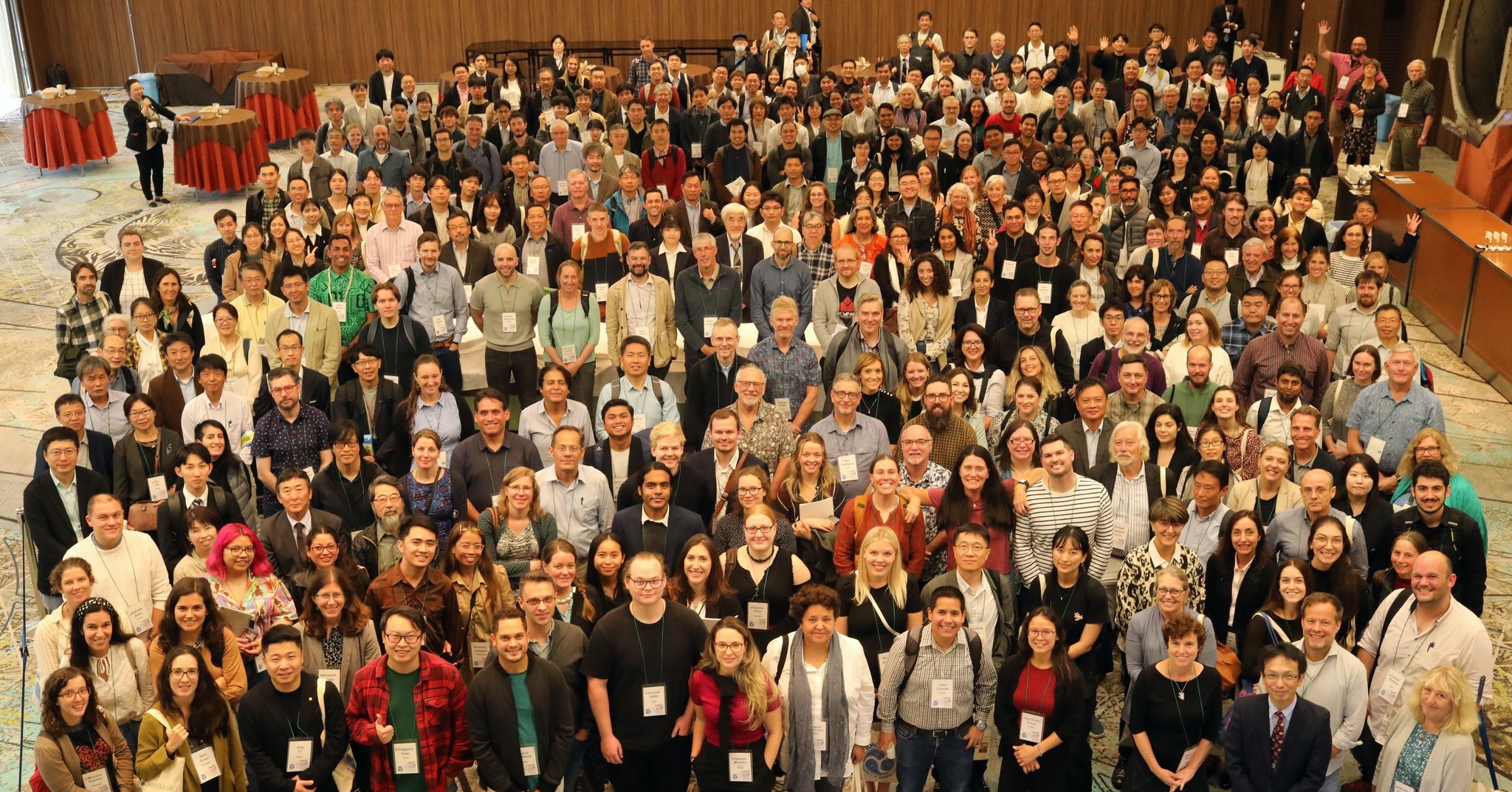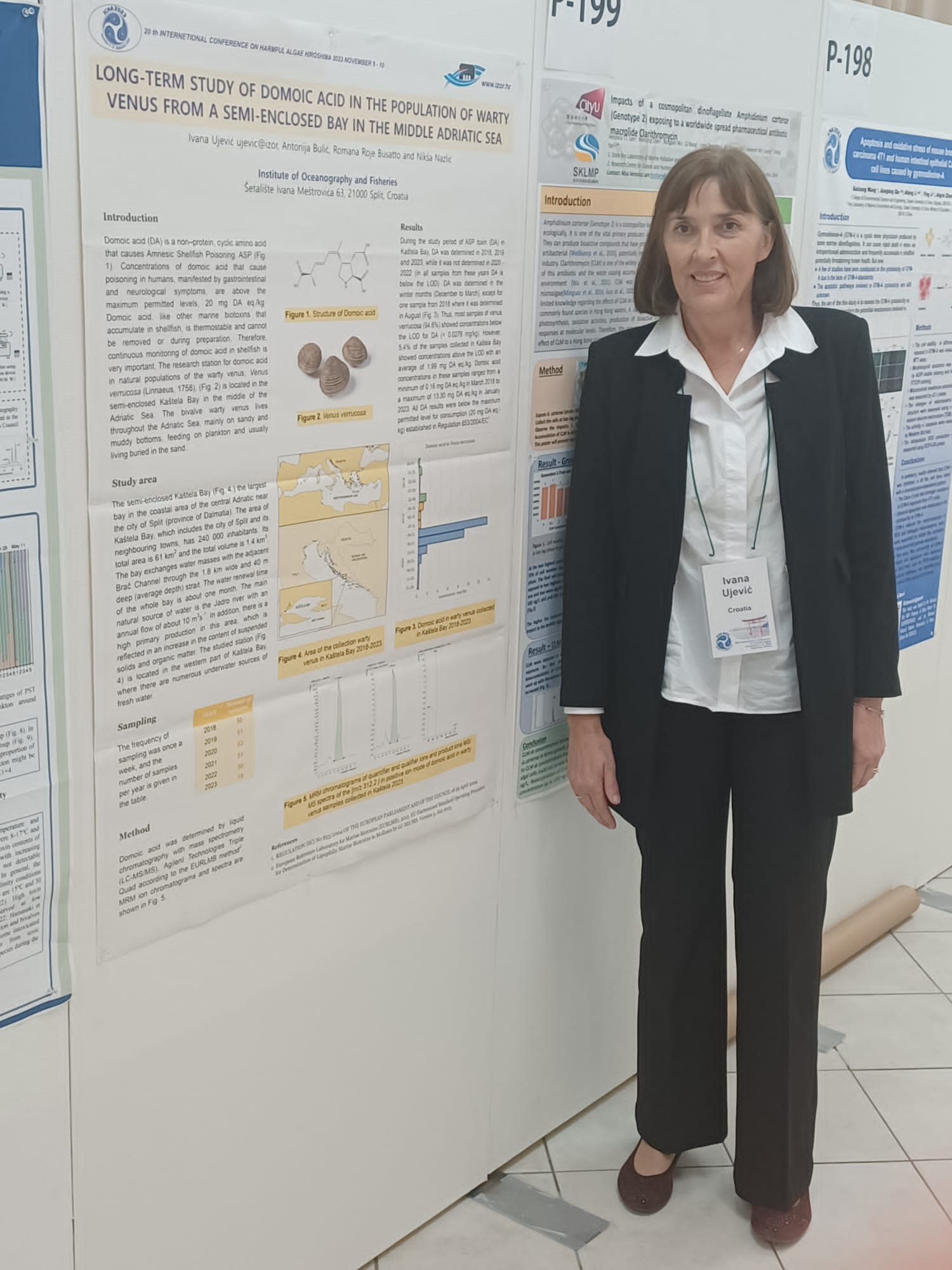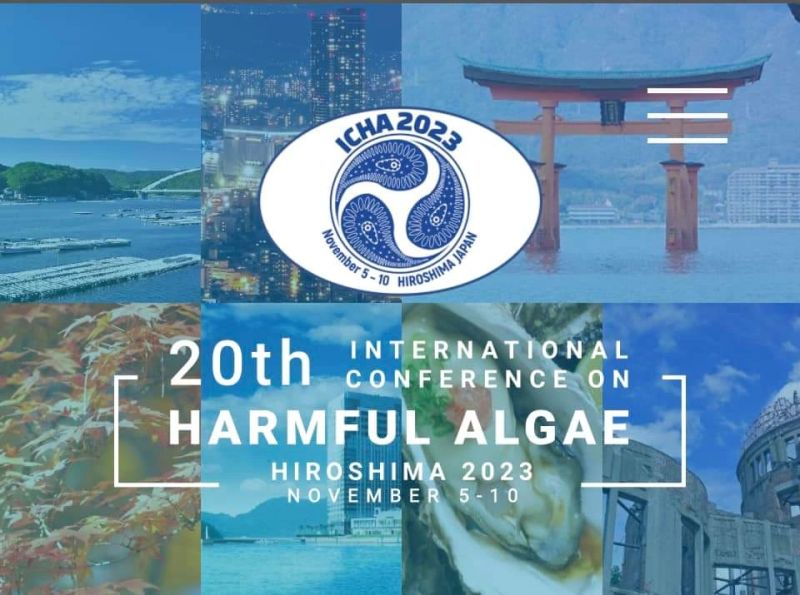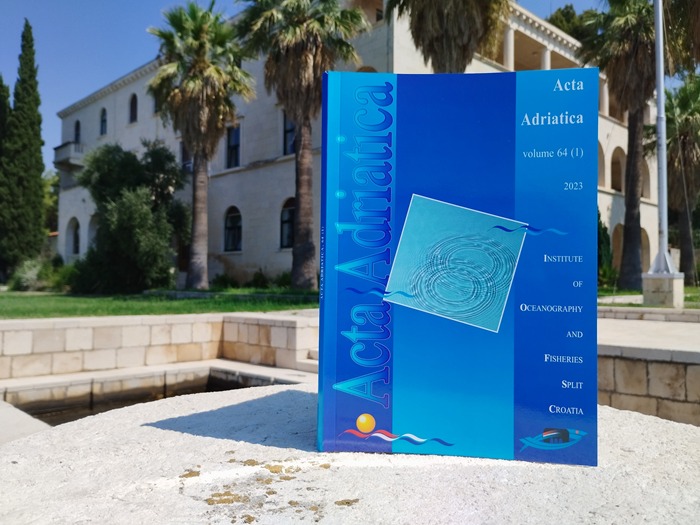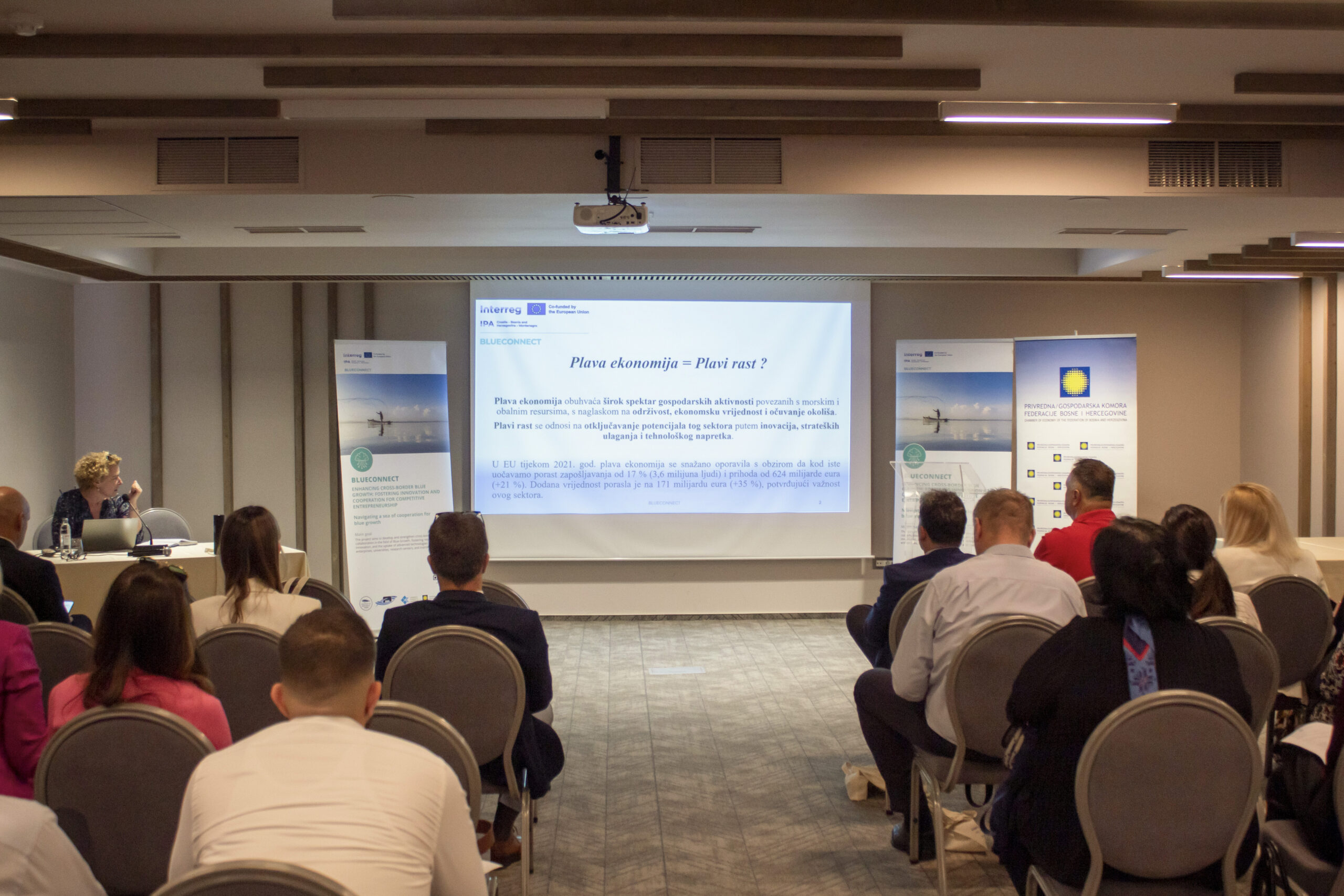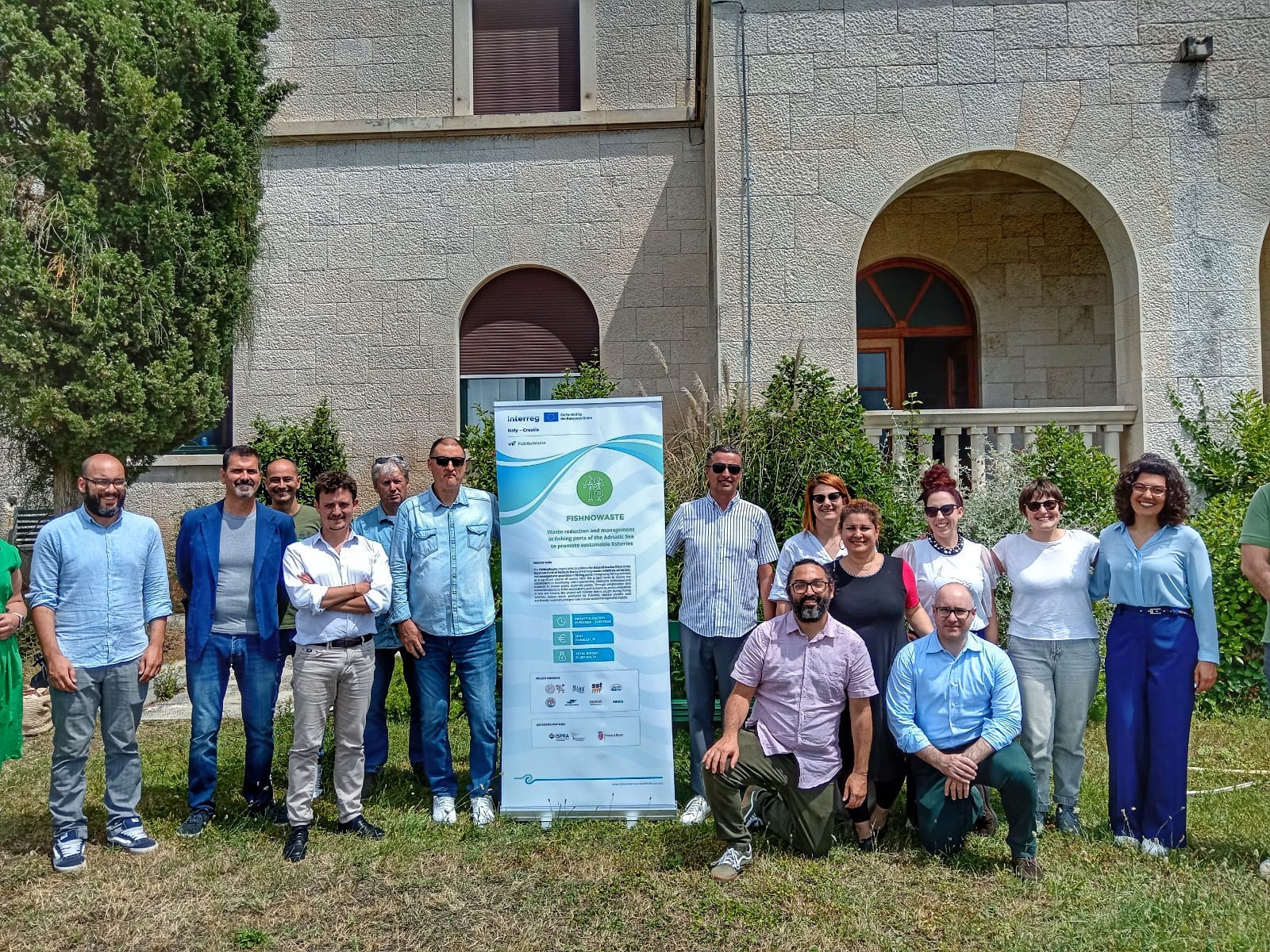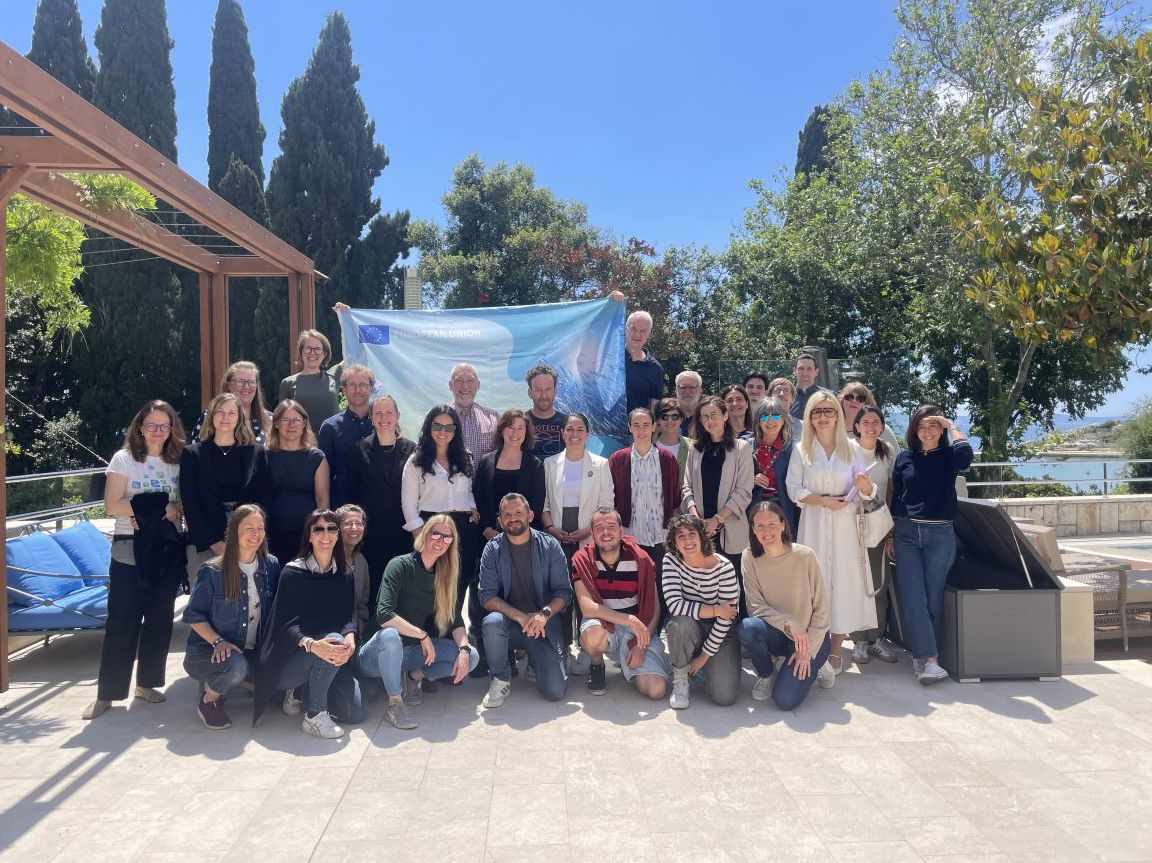Scientists from the Institute participated last month in the 20th International Conference on Harmful Algae held in Hiroshima.
The conference brought together over 500 scientists from around the world who presented their latest research on harmful algal blooms through 16 different topics. Our employees, dr. Ivana Ujević and Ph.D. student Antonija Bulić, presented their research on marine biotoxins in the Adriatic Sea to other scientists.
Fortunately for us, the Adriatic Sea is one of the safest seas in the world when it comes to toxic algae, which can have harmful effects on marine ecosystems, human health and the economy. Because of this potential danger, the situation needs to be monitored regularly, and our institute is also the national reference laboratory for monitoring marine biotoxins.
Ivana Ujević presented the results of research on domoic acid in the population of Venus verrucosa from Kaštela Bay, collected from 2018 to 2023. Domoic acid is produced by unicellular algae of the genus Pseudo-nitzschia, which enter the organism of mussels by feeding on them through filtering seawater. The content of domoic acid, better known as ASP toxin (Amnesic Shellfish Poison), in the soft tissue of mussels from the Bay of Kaštela was below 20 mg/kg during the entire period, which is the highest permissible amount according to European and national regulations.
As part of her research, Antonija Bulić, in collaboration with her colleagues from the University of Split, PhD student Stjepan Orhanović and PhD student Ivana Žaper, analysed mussel samples from two locations in the southern Adriatic Sea. The aim of the research was to determine the profile and dynamics of the occurrence of cyclic imines, a group of lipophilic marine biotoxins that can cause problems in smaller mammals, but whose effects on humans have not yet been sufficiently studied and whose maximum permissible levels are also not regulated.
Conferences like this are a valuable opportunity for scientists to perfect and deepen their knowledge of the latest research, the development of new methods and strategies to combat harmful algal blooms in one place. Furthermore, regardless of the fact that our ocean is safe for now, we should continue to raise awareness of the importance of this issue and the need for further research and action.
